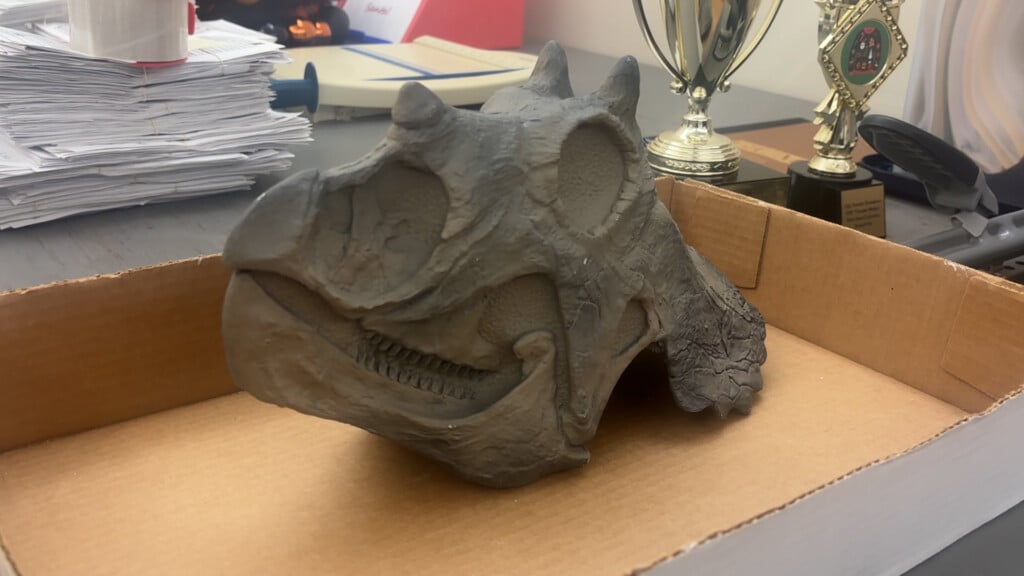The best ways to fight fire ants in Mississippi
STARKVILLE, Miss. (WCBI) – As the temperature goes up, so does fire ant activity.
Richard Linley, owner of Northeast Exterminating in Starkville, says the insects build up their population during the spring.
“Very painful and dangerous for children and small animals getting in a fire ant nest,” he says. “They just cover you and you know that they bite over and over.”
Linley says he’s seen fire ants do everything from short-out air conditioning systems to kill newborn calves.
“It’s very active right now. We’re getting a lot of calls for fire ants,” he says. “The weather’s getting warm enough and particularly with all the moisture we’ve gotten.”
https://twitter.com/spimpojr/status/1518650671007944704?s=20&t=6ldflpS6HxNCO5tDY_oYRg
The increased rain during the spring has brought the ants closer to the surface.
“You see the fire ant mounds popping up in yards,” Linley says. “They’re trying to avoid the moisture, control their environment and get above that water. A lot of the population dies during the winter.”
But getting rid of fire ants takes more than just drowning them in a sea of pesticides.
“Put out too little, you can cause resistance in the insects and if you put too much out, you’re wasting chemical obviously, and you might be putting more chemical into the environment than is safe,” says Gene Merkl, the pesticide safety education coordinator for the state of Mississippi.
Merkl works for the Mississippi State University Extension Service along with the Mississippi Department of Agriculture. He’s in charge of providing private, commercial and professional service certifications for more advanced chemicals than what is available over the counter.
“The label is the most important component of any pesticide,” he says. “It tells you the directions for use, it tells you what uses are appropriate, it tells you particular environmental hazards that you need to know. It tells you exactly how much product that you should put out over what area.”
Linley says another key component is understanding the insects’ behavior.
“Using baiting is very effective because you know that fire ant that picks (the bait) up individually isn’t going to eat that,” he says. “It’s going to take it back to the larva and that’s going to spread throughout the colony.”
But the battle against fire ants isn’t ending any time soon in Mississippi.
“In some cases, it’s a live and let live situation for cases you can actually treat and do some reasonable control,” Merkl says. “But thus far, based on my understanding and experience, it’s very difficult to say that we can ever effectively eradicate them.”
Merkl says they do 24 training sessions a year for application certification.




